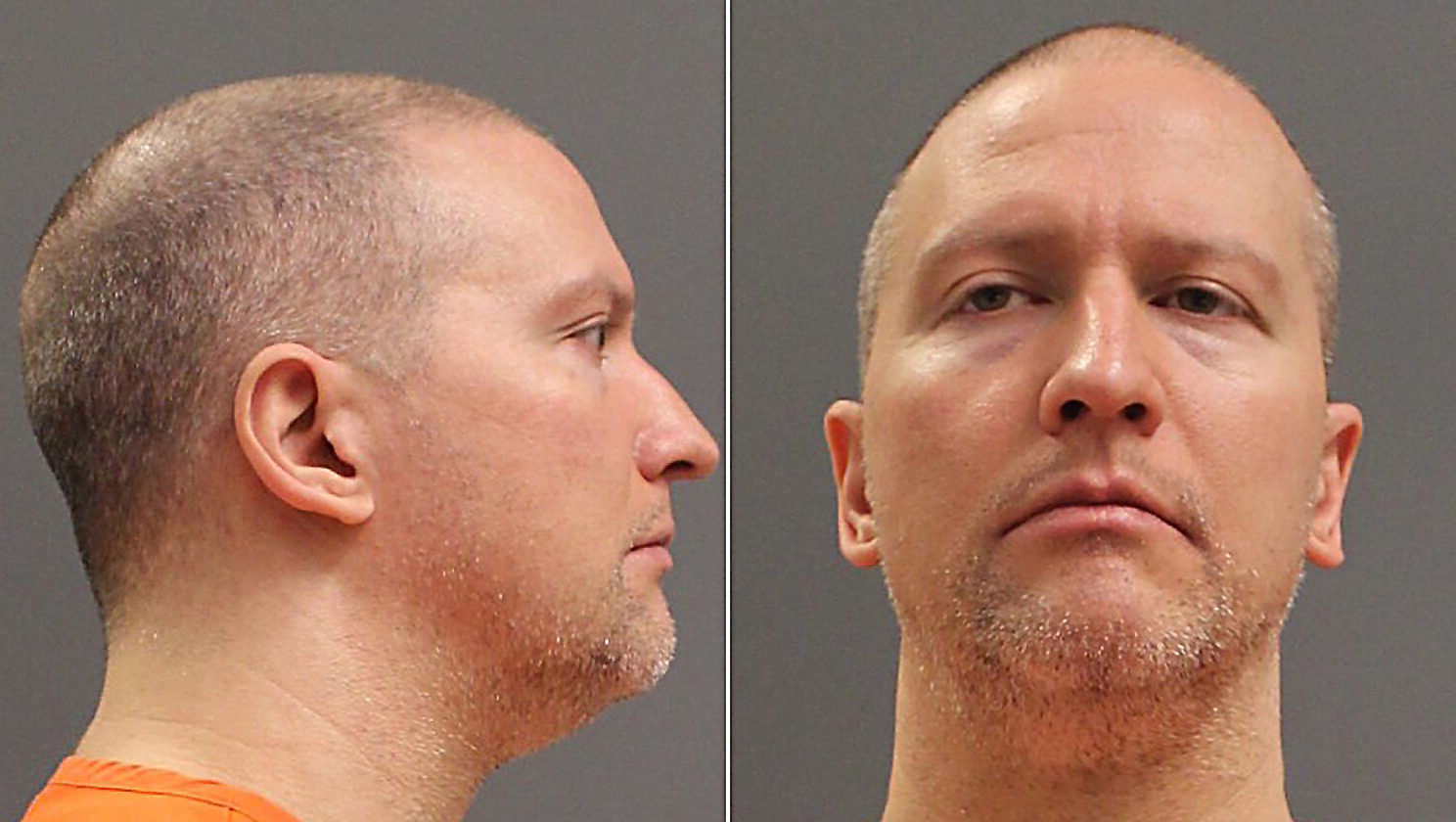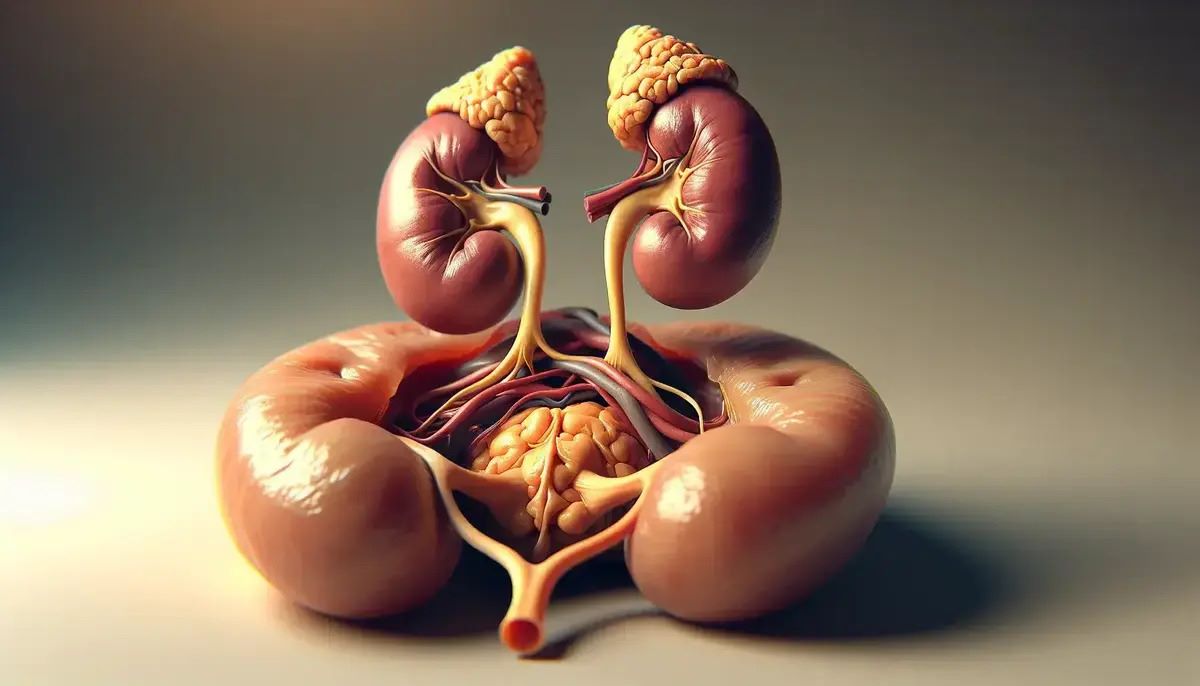
Derek Chauvin became a household name following the tragic death of George Floyd in May 2020. This incident sparked global protests and intense scrutiny of police practices. But who is Derek Chauvin beyond that fateful day? Born in Minnesota, Chauvin served as a police officer for nearly two decades. His career, however, was marred by multiple complaints and controversies. This blog post delves into 40 facts about Derek Chauvin, shedding light on his background, career, and the events that led to his conviction. Whether you're looking to understand more about his life or the broader implications of his actions, this comprehensive list offers a detailed look.
Early Life and Background
Understanding Derek Chauvin's early life provides context to his later actions and career. Here are some key facts about his background.
- Born in 1976: Derek Chauvin was born on March 19, 1976, in Oakdale, Minnesota.
- Parents' Divorce: His parents divorced when he was seven years old.
- High School Dropout: Chauvin dropped out of high school but later earned a GED.
- Military Service: He served in the U.S. Army Reserve from 1996 to 2004.
- Education: Chauvin attended Inver Hills Community College and Metropolitan State University, earning a degree in law enforcement.
Career in Law Enforcement
Chauvin's career in law enforcement spanned nearly two decades. Here are some notable aspects of his professional life.
- Joined MPD in 2001: Chauvin joined the Minneapolis Police Department (MPD) in 2001.
- Awards and Commendations: He received multiple commendations and awards during his career.
- Use of Force Complaints: Chauvin had 18 complaints filed against him, with two resulting in disciplinary action.
- Training Officer: He served as a field training officer, mentoring new recruits.
- Involved in Shootings: Chauvin was involved in three police shootings, one of which was fatal.
The George Floyd Incident
The incident that brought Chauvin into the global spotlight occurred on May 25, 2020. Here are the critical details.
- Arrest of George Floyd: Chauvin arrested George Floyd on suspicion of using a counterfeit $20 bill.
- Knee on Neck: He knelt on Floyd's neck for 9 minutes and 29 seconds.
- Bystander Videos: The incident was captured on video by multiple bystanders.
- Floyd's Pleas: Floyd repeatedly said, "I can't breathe," during the arrest.
- Medical Examiner's Report: The report ruled Floyd's death a homicide caused by "cardiopulmonary arrest complicating law enforcement subdual, restraint, and neck compression."
Legal Proceedings
Chauvin faced extensive legal scrutiny following Floyd's death. Here are the main points of his legal journey.
- Immediate Firing: Chauvin was fired from the MPD the day after Floyd's death.
- Arrest and Charges: He was arrested and charged with second-degree unintentional murder, third-degree murder, and second-degree manslaughter.
- Bail Set: Bail was initially set at $1 million.
- Trial Date: His trial began on March 8, 2021.
- Guilty Verdict: On April 20, 2021, Chauvin was found guilty on all charges.
Sentencing and Imprisonment
Following his conviction, Chauvin faced sentencing and imprisonment. Here are the key facts.
- Sentencing Date: Chauvin was sentenced on June 25, 2021.
- Prison Sentence: He received a 22.5-year prison sentence.
- Federal Charges: Chauvin also faced federal charges for violating Floyd's civil rights.
- Plea Deal: In December 2021, he pleaded guilty to the federal charges.
- Federal Sentence: He was sentenced to 21 years in federal prison, to be served concurrently with his state sentence.
Public Reaction and Impact
The George Floyd incident and Chauvin's trial had a significant impact on society. Here are some of the reactions and changes that followed.
- Global Protests: Floyd's death sparked protests worldwide against police brutality and racial injustice.
- Legislative Changes: Several states and cities enacted police reform laws.
- MPD Policy Changes: The Minneapolis Police Department implemented new policies, including banning chokeholds.
- Floyd's Family Settlement: The city of Minneapolis agreed to a $27 million settlement with Floyd's family.
- Cultural Impact: The incident influenced art, music, and media, highlighting issues of systemic racism.
Personal Life
Chauvin's personal life also came under scrutiny. Here are some details about his life outside of work.
- Marriage: Chauvin married Kellie Chauvin, a radiologist, in 2010.
- Divorce Filing: Kellie filed for divorce shortly after Floyd's death.
- No Children: The couple did not have any children together.
- Financial Troubles: Chauvin and his wife faced tax evasion charges in 2020.
- Hobbies: He enjoyed weightlifting and was known to frequent local gyms.
Aftermath and Ongoing Effects
The consequences of Chauvin's actions continue to unfold. Here are some ongoing effects and developments.
- Appeals: Chauvin has filed appeals against his state conviction.
- Civil Rights Movement: The incident has reinvigorated the civil rights movement in the U.S.
- Police Training: Law enforcement agencies nationwide are re-evaluating their training programs.
- Public Awareness: There is increased public awareness and dialogue about police practices and racial inequality.
- Documentaries and Books: Numerous documentaries and books have been produced, examining the incident and its broader implications.
Final Thoughts on Derek Chauvin
Derek Chauvin's case has left a significant mark on society. His actions and the subsequent trial have sparked widespread discussions about police brutality, racial injustice, and the need for reform. The facts surrounding Chauvin's life and career provide a deeper understanding of the man behind the headlines. From his early years to his time in the police force, each detail adds context to the events that unfolded.
Understanding these facts helps us grasp the complexities of the issues at hand. It's not just about one man; it's about a system that needs change. By learning more about Chauvin, we can better comprehend the broader implications of his actions. This knowledge empowers us to advocate for a fairer, more just society. Let's use these insights to drive meaningful change and ensure such tragedies don't happen again.
Was this page helpful?
Our commitment to delivering trustworthy and engaging content is at the heart of what we do. Each fact on our site is contributed by real users like you, bringing a wealth of diverse insights and information. To ensure the highest standards of accuracy and reliability, our dedicated editors meticulously review each submission. This process guarantees that the facts we share are not only fascinating but also credible. Trust in our commitment to quality and authenticity as you explore and learn with us.


